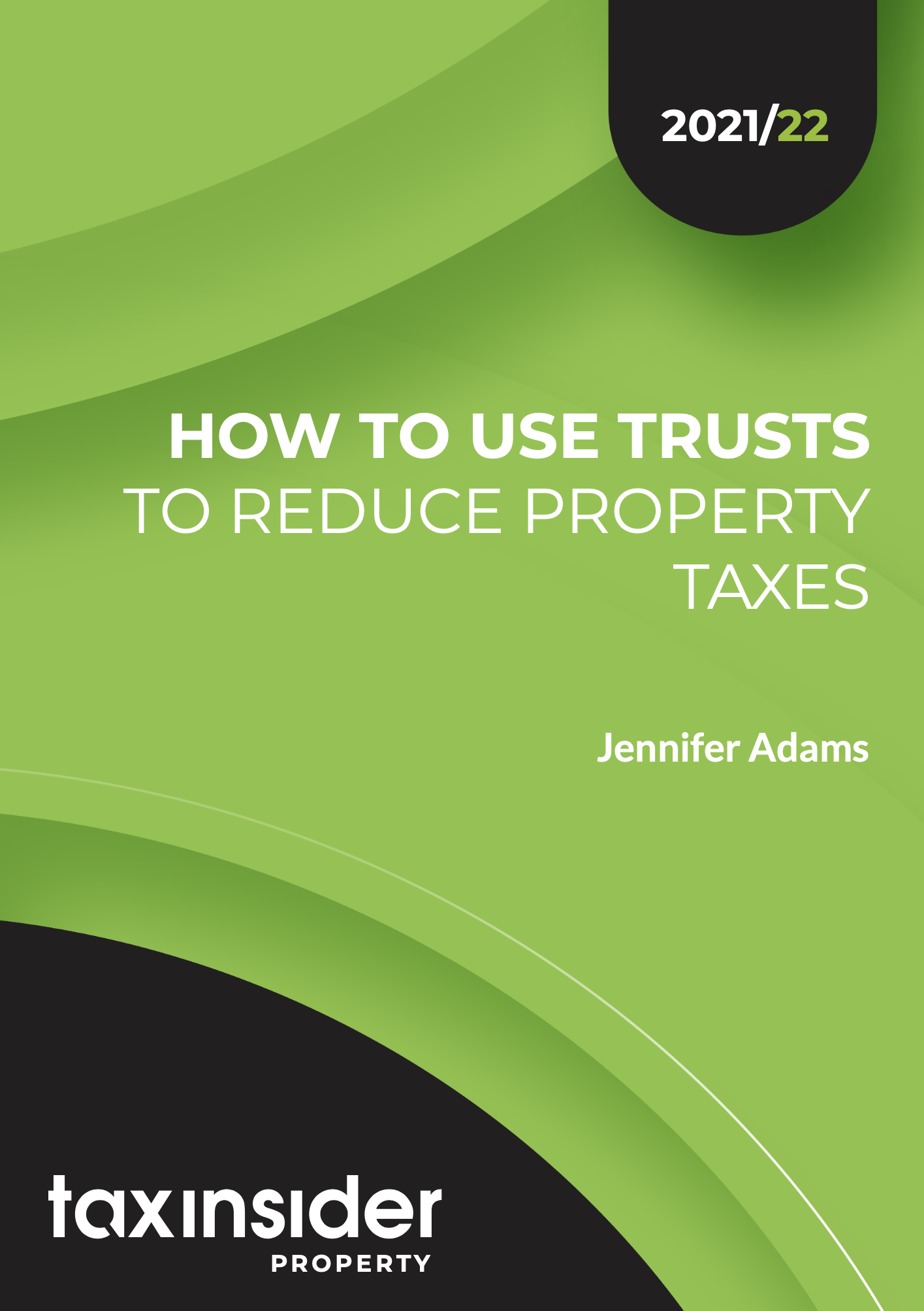 Mark McLaughlin highlights a selection of potential tax pitfalls when parents transfer investment property into a discretionary trust for their adult children.
Mark McLaughlin highlights a selection of potential tax pitfalls when parents transfer investment property into a discretionary trust for their adult children.
This article focuses on one aspect of many around using trusts in relation to property. We have recently released the 2021/22 version of our popular report 'How to Use Trusts to Reduce Property Taxes'. Click here to find out more and to get 40% off.
A parent with sufficient means may sometimes wish to transfer an income producing asset. For example, a mother may wish to transfer investment property in London into a discretionary trust for her daughter (e.g. to help cover university costs or supplement income when buying her own home and/or starting a family).
However, there are various tax issues to consider in the above example of property gifted to a UK resident discretionary trust for adult children. This article highlights a selection of potential tax implications to consider (note that further potential pitfalls may arise if the children are minors, which are outside the scope of this article).
1. Trust is income - isn’t it?
Income tax anti-avoidance (‘settlements’) legislation can result in the trust’s rental property income being treated as the parent’s income in the above example, if mother retains an interest in the ‘settled’ property (ITTOIA 2005, s 624), such as by being a potential beneficiary of the trust. The same generally applies if one parent creates the settlement but the other parent can benefit from it.
For inheritance tax (IHT) purposes, the parent donor should be excluded from being a beneficiary of the trust in terms of preventing a possible charge under the ‘gifts with reservation’ IHT anti-avoidance rules (FA 1986, s 102). HMRC’s view is that if there is a settlement power to add beneficiaries, the GWR rules could apply. Consideration should therefore be given to ensuring that the parent donor is explicitly prevented from being added as a trust beneficiary.
2. One relief - But not two
A parent may wish to gift a buy-to-let property into trust, which subsequently becomes the private residence of their adult child as a trust beneficiary. The parent might intend ‘holding over’ any gain on the property disposal for capital gains tax (CGT) purposes (under TCGA 1992, s 260), and the trustees may intend claiming private residence relief on a subsequent disposal of the property.
However, anti-avoidance provisions are aimed at blocking private residence relief in such circumstances on a subsequent disposal of the residence. This restriction applies broadly where the property’s base cost would (if private residence relief was not available) have been reduced following one or more section 260 holdover claims on an earlier disposal (TCGA 1992, s 226A). Private residence relief would not be available on the later disposal.
3. No guesswork!
For IHT purposes, the property transfer to a discretionary trust will be an immediately chargeable lifetime transfer. This could result in IHT reporting and payment obligations.
HMRC enquiries into land valuations sometimes produce large amounts of additional IHT and interest, because many valuations are too low. HMRC may also seek to impose penalties if an undervaluation has arisen because ‘reasonable care’ was not taken. A professional valuation of the property interest for IHT purposes should therefore be undertaken.
Practical tip
The above tax considerations are not an exhaustive list. There may be other tax implications to consider, such as stamp duty land tax (or equivalent in Scotland or Wales), depending on the circumstances. Professional (i.e. tax and non-tax legal) assistance should be sought, as appropriate.



